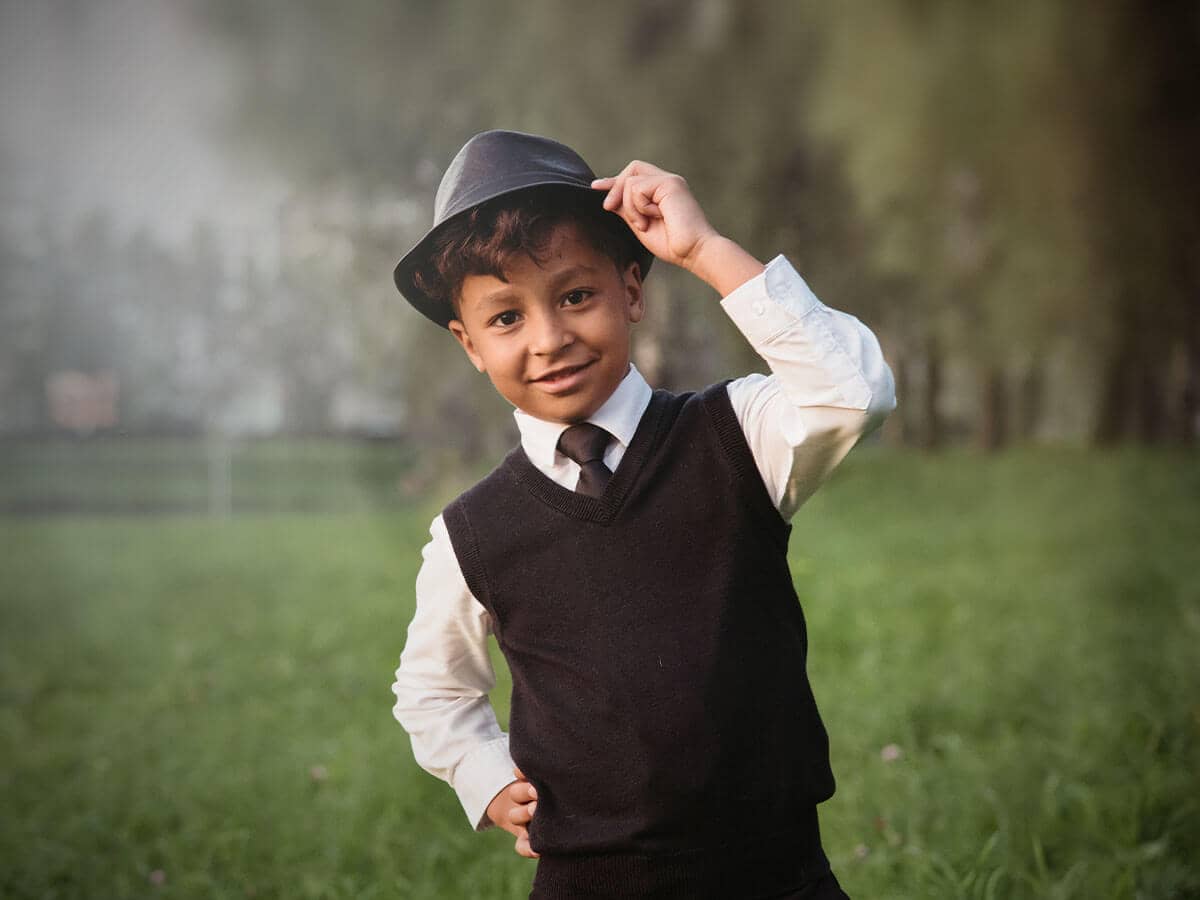 But there came a moment when I wondered if my kids weren't too detached. We were walking to the local fire station, which lost 11 of its 20 firefighters. We were going to give them some drawings the kids had made and light a candle. The candle my wife selected was one that one of the boys had made some time earlier, with red heart shapes added with wax strips. When one of my sons saw that we had chosen one of his candles, he started complaining. "Why are you giving that away? Don't give away such a precious thing!" As we approached the fire station, a sacred shrine, his whining grew, as did my rage.
But there came a moment when I wondered if my kids weren't too detached. We were walking to the local fire station, which lost 11 of its 20 firefighters. We were going to give them some drawings the kids had made and light a candle. The candle my wife selected was one that one of the boys had made some time earlier, with red heart shapes added with wax strips. When one of my sons saw that we had chosen one of his candles, he started complaining. "Why are you giving that away? Don't give away such a precious thing!" As we approached the fire station, a sacred shrine, his whining grew, as did my rage.
Finally, I yanked him by the arm, reversed course, pulled to a nearby park bench and proceeded to disobey all the advice I'd heard from the child psychologists. "You think this is precious thing to give away? How would you feel if you had lost a parent instead of a candle? You think this is a sacrifice? Think about the firefighters who gave their lives. There are children who have lost their parents, parents who'll never get to see their kids grow up."
I could see him trying to reconcile my sudden outburst with all my previous statements minimizing the seriousness of this. Timidly, hopefully, he said, "But if they're in heaven, they'll still be able to watch their kids grow up, won't they?" I nodded, now ashamed at my outburst and confused about whether I had just scarred him unnecessarily.
Yes, I know this is the way kids work through these issues. Yes, developmentally children at this age are supposed to be self-centered. But still I am struck that so much of the conversation about children has focused on shielding them. Is it possible that in pursuing one goal--protecting their emotional safety--we've sacrificed another--making them good people?
In a sense, I want my sons to be shaped by this event--if the impact is to make them more empathetic and tolerant, not more afraid and insecure. We have to be careful how do this, and of course these comments don't relate to children directly traumatized by the loss of a friend or family member.
But rather than seeking ways of insuring that this crisis have a minimal impact on our kids, perhaps we could think more about how it might have a positive impact. We tried our candle experiment, with mixed results. Are there other things we could do? (If you have ideas, leave a message in the board alongside this article). By focusing their attention on what happened, we do run the risk of scaring them, but that seems a risk worth taking if our children can end up with better values as a result.

